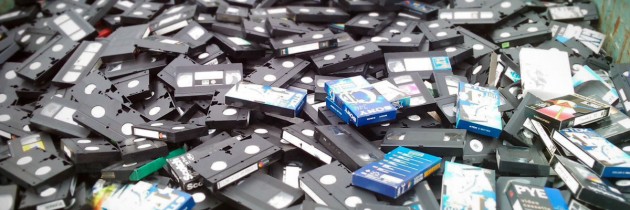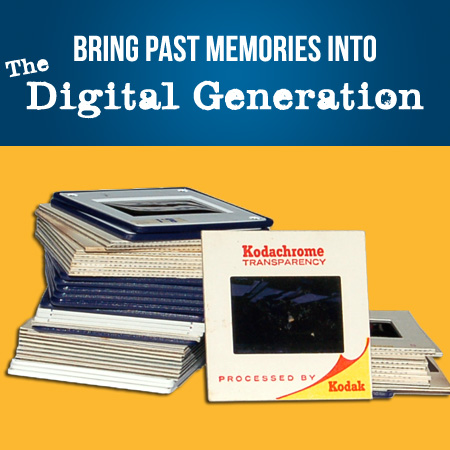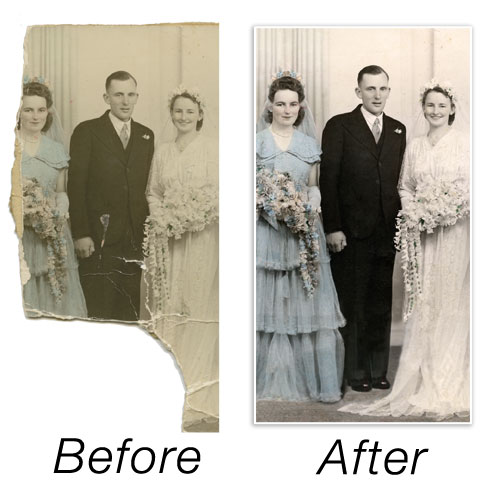How to Store and Care for your Video Tapes
Like me, you may have dozens of video tapes that you’ve got stored somewhere. Perhaps stored in your TV cabinet or spare room, or perhaps in the garage or shed out the back?
 It’s important to know how to store your old video tapes and care for them, to ensure they don’t deteriorate and become unwatchable.
It’s important to know how to store your old video tapes and care for them, to ensure they don’t deteriorate and become unwatchable.
Don’t be like many others and store your tapes in the hot dusty garage, or in the damp cellar where mould can grow. If you value what’s on your video tapes – like your wedding from 25 years ago or your kid’s first steps – then read on to learn how to store and care for them properly.
The following care tips apply to any type of video tape including VHS tape, camcorder tapes and Betamax tapes:
- To prevent tape damage, avoid storing a half-wound cassette. After use, rewind the tape to the beginning before storing.
- Do not repeat loading and unloading of a cassette without playing the tape. This may cause tape slack and result in damage to the tape.
- Do not touch the tape.
- Video cassettes are precision-made devices. Do not disassemble them, since this may cause damage to the tape or the VCR mechanism.
![Stack VHS tapes vertically]() For Proper Cassette Storage
For Proper Cassette Storage
- Avoid exposing the cassette to direct sunlight. Keep away from heaters.
- Avoid strong magnetic fields (such as near speakers, an electric motor or magnet).
- Avoid extreme humidity when selecting a storage location.
- Avoid dusty places. Use the cassette case or box to store the tape in, to avoid dust getting into the tape. You’d be surprised how much dust can get into a VHS tape!
- Avoid violent vibrations or shock. Do not drop the cassette.
- After use, place the cassette in a case and position vertically for storage.
Go Digital! Convert your videos to digital
If you’d like to watch your video tapes again and preserve them for decades to come, why not convert them to a digital format? Digital transfer makes it easy to edit your videos, or watch them on a computer or TV.
If you still have your old VCR and the right equipment to connect it to your computer, it is possible to convert your tapes yourself. Or to save the time and hassle and to get the highest quality conversion, you can have your video tapes professionally transferred to digital.
Moisture Condensation
Moisture may condense on the video tape when the cassette is moved from a cold place to a warm place. Condensation forming on the tape will cause the tape to stick to the video drum and result in damage to the tape.
Wait until the tape reaches room temperature in such cases.

I hope these care tips help you look after your video collection. Please leave a reply below if you have any questions – I’d love to help.
Thanks for reading. Cheers, Edwin

 For Proper Cassette Storage
For Proper Cassette Storage










